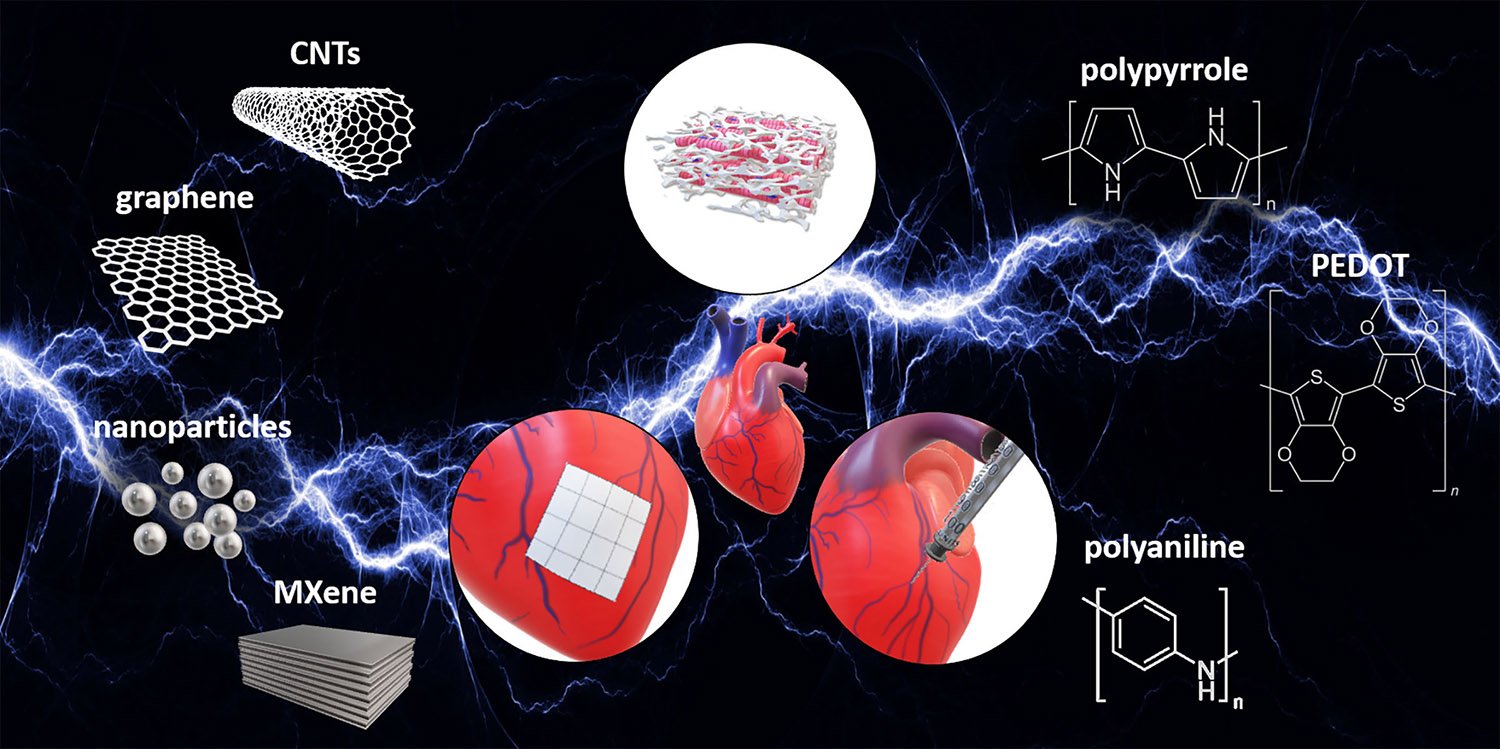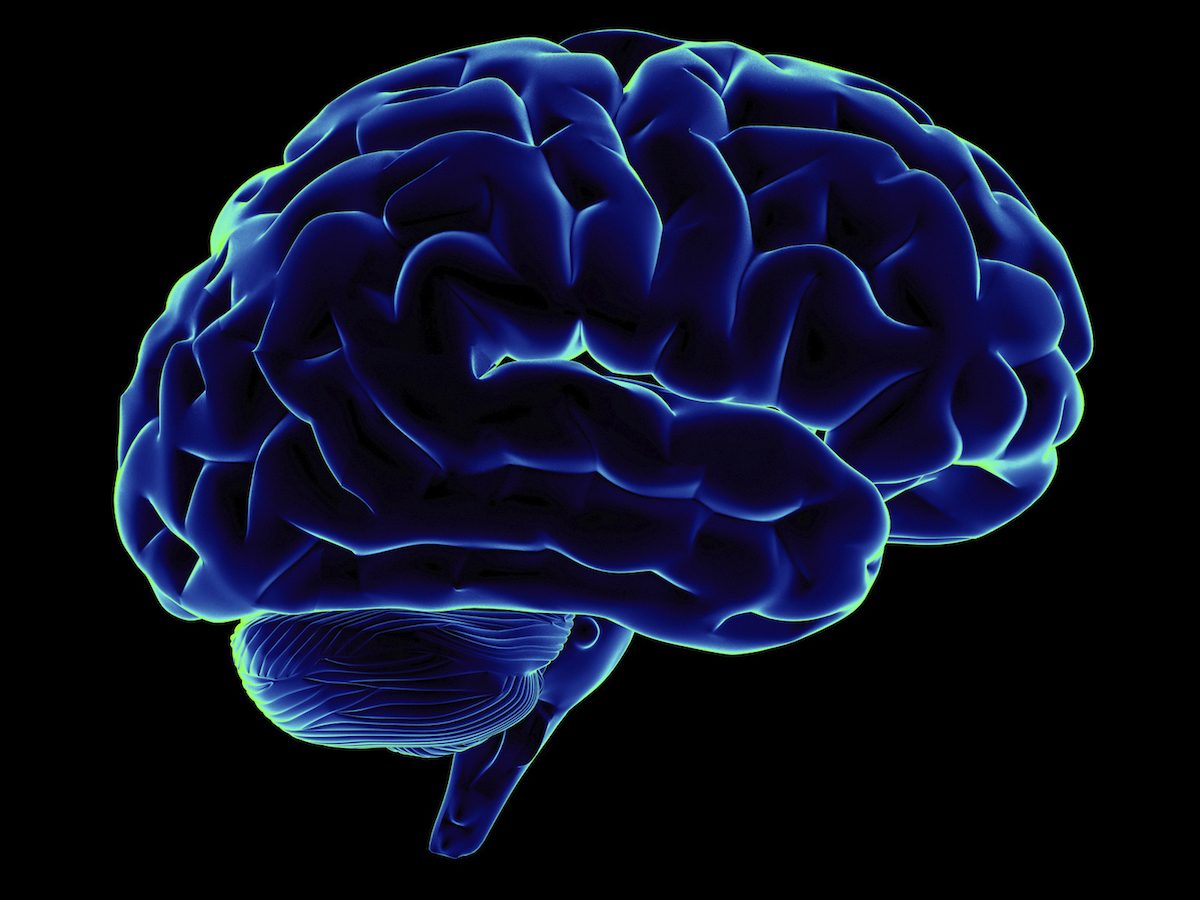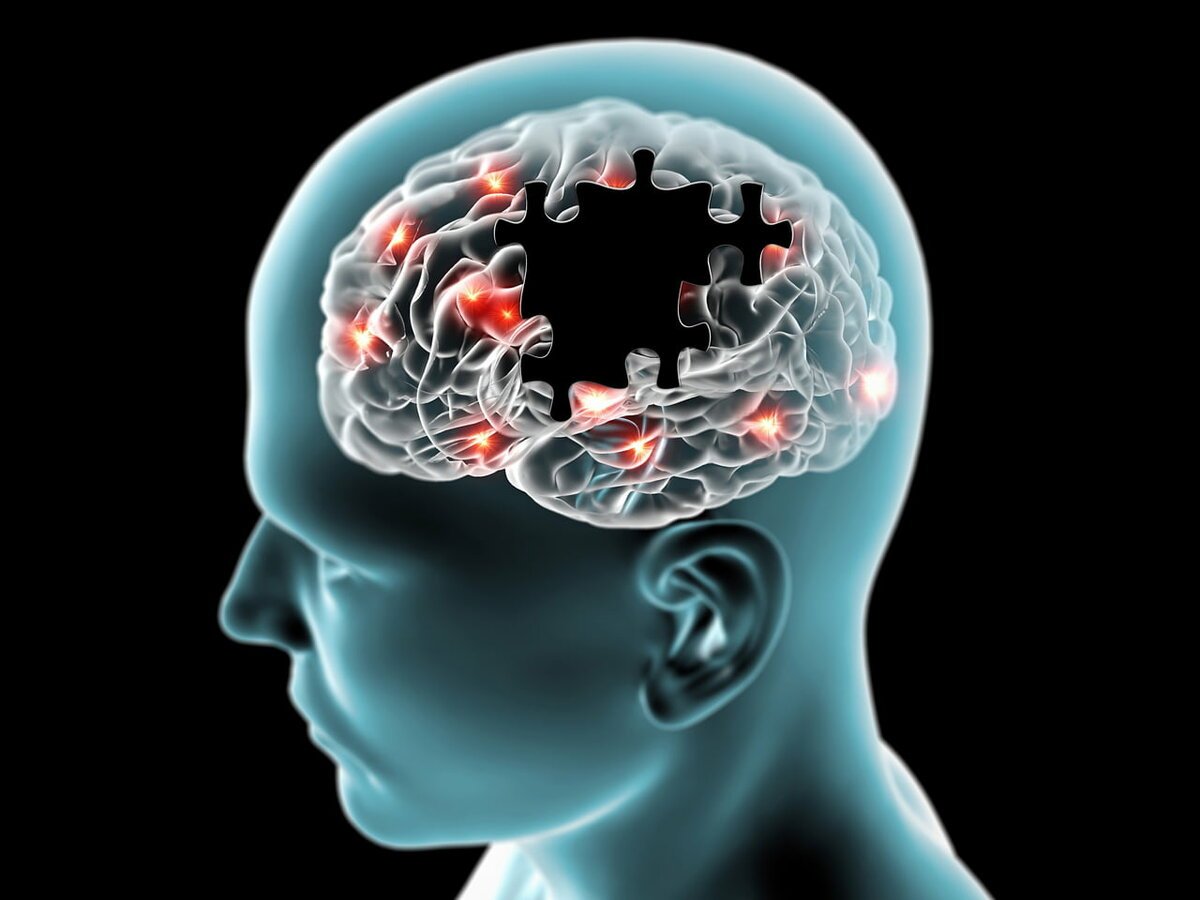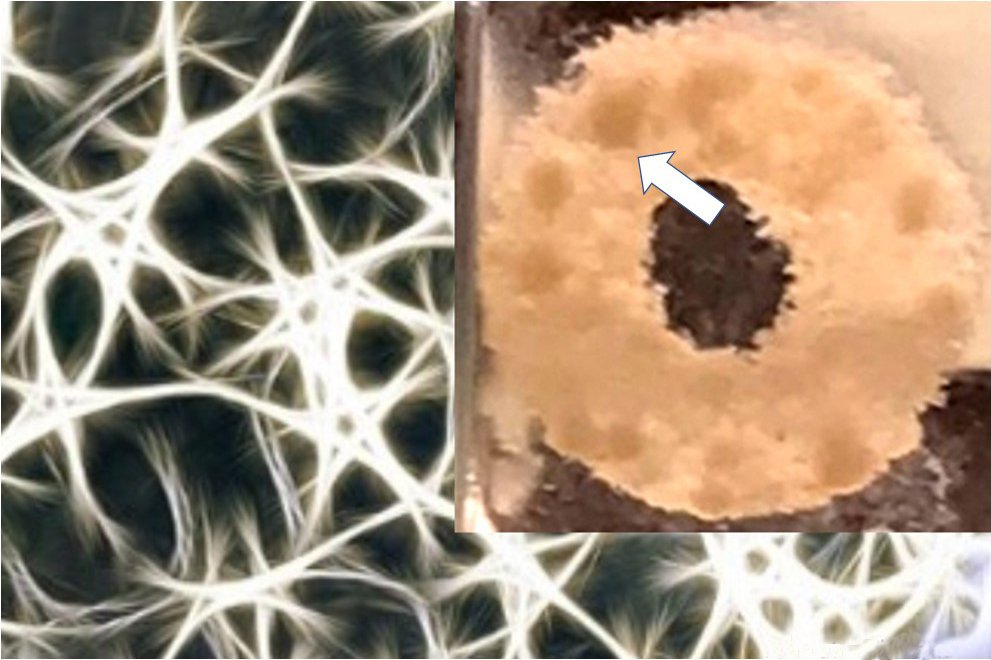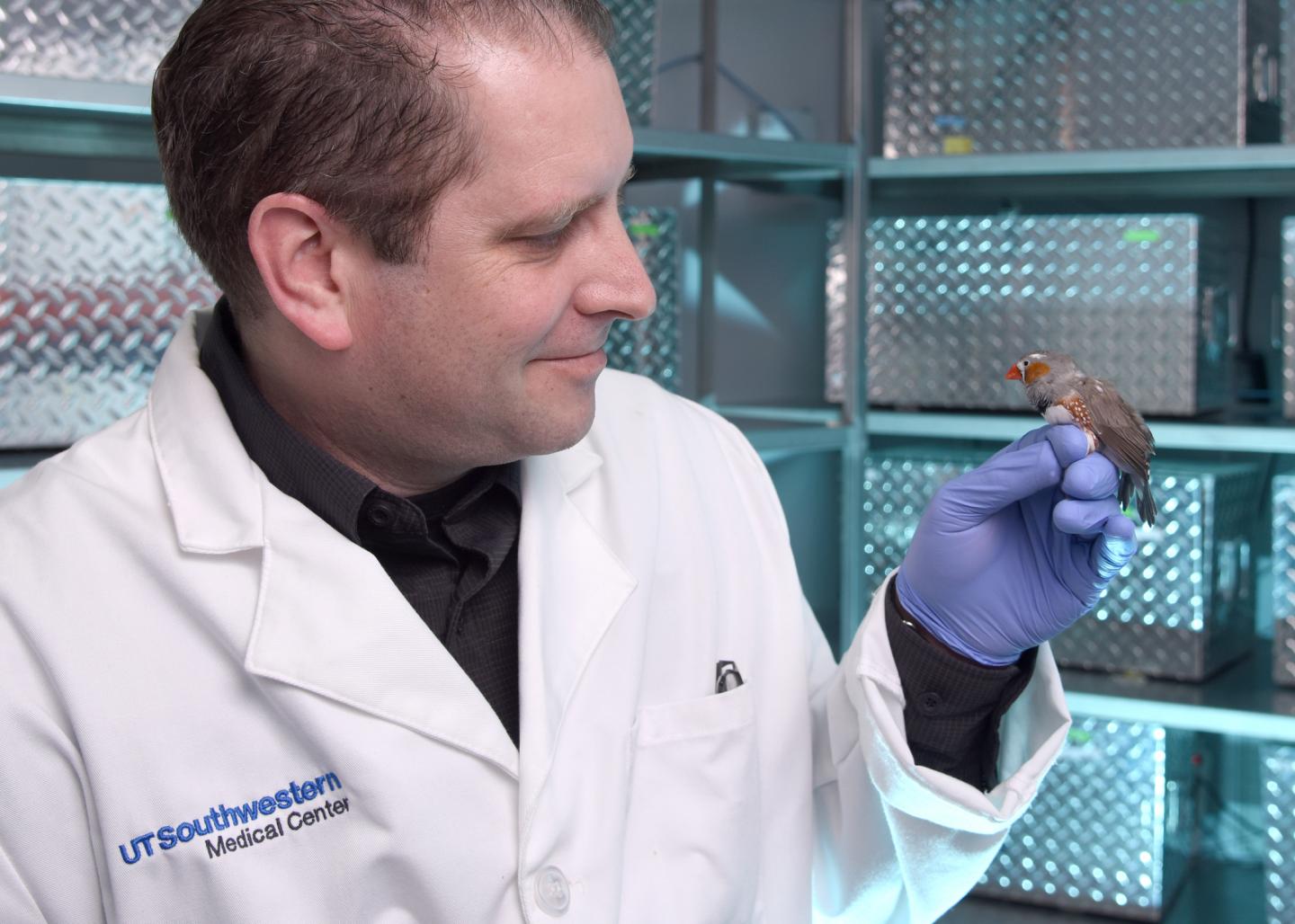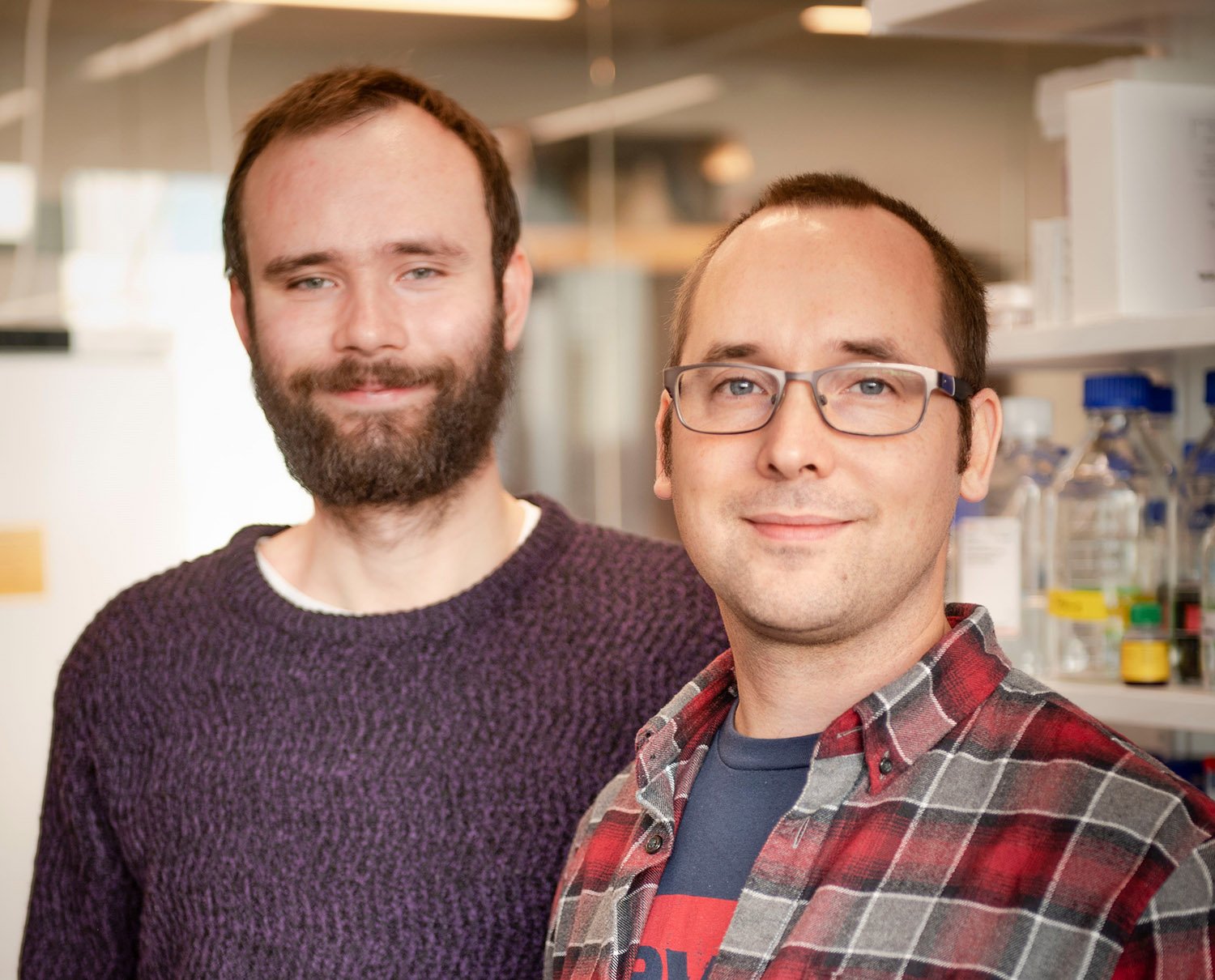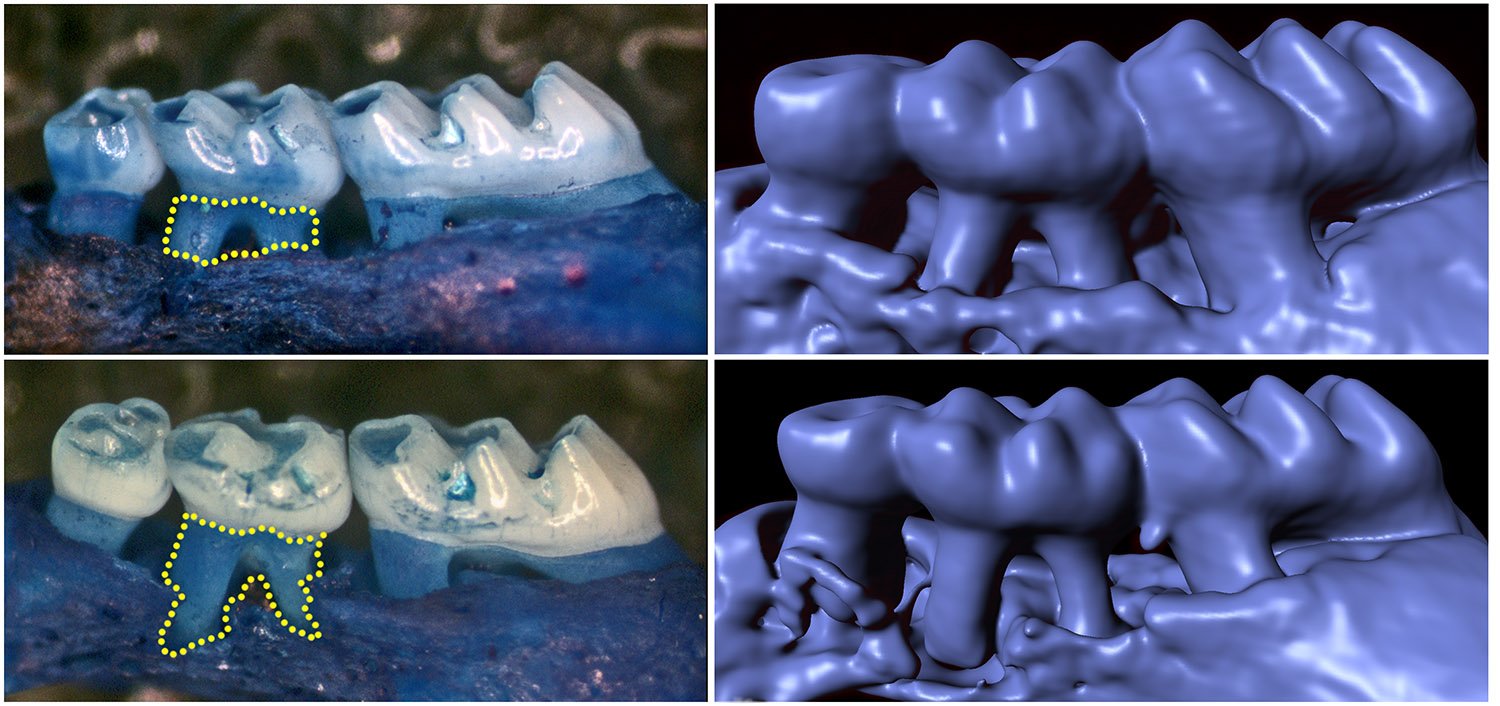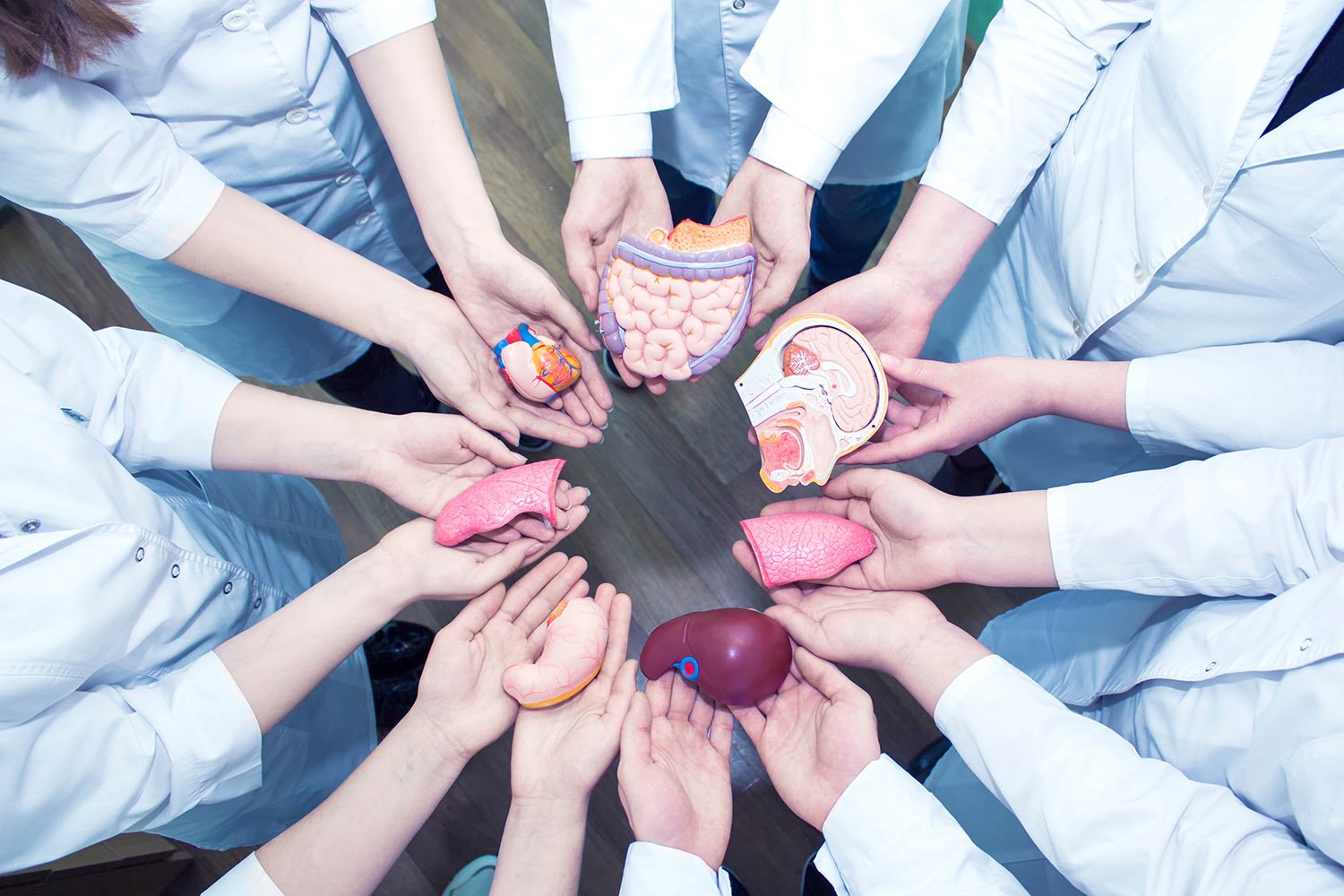Air pollution linked to hair loss, new research reveals
Research presented today at the 28th EADV Congress in Madrid shows, for the first time, that exposure to common air pollutants known as particulate matter (PM) is linked to hair loss in humans. The research was conducted by exposing cells from the human scalp at the base of hair follicles, known as human follicle dermal … Read more

